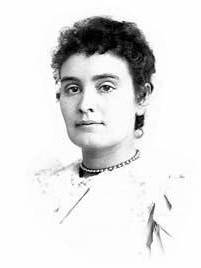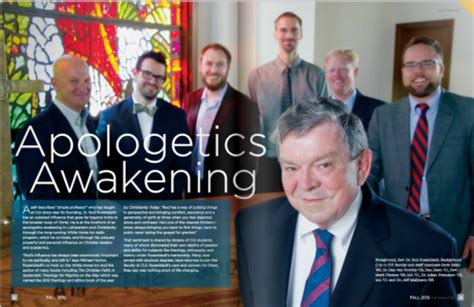A Quote by Karl Kraus
Related Quotes
Yet some of my friends tell me they understand 50 percent of what my mother says. Some say they understand 80 to 90 percent. Some say they understand none of it, as if she were speaking pure Chinese. But to me, my mother's English is perfectly clear, perfectly natural. It's my mother tongue. Her language, as I hear it, is vivid, direct, full of observation and imagery. That was the language that helped shape the way I saw things, expressed things, made sense of the world





































